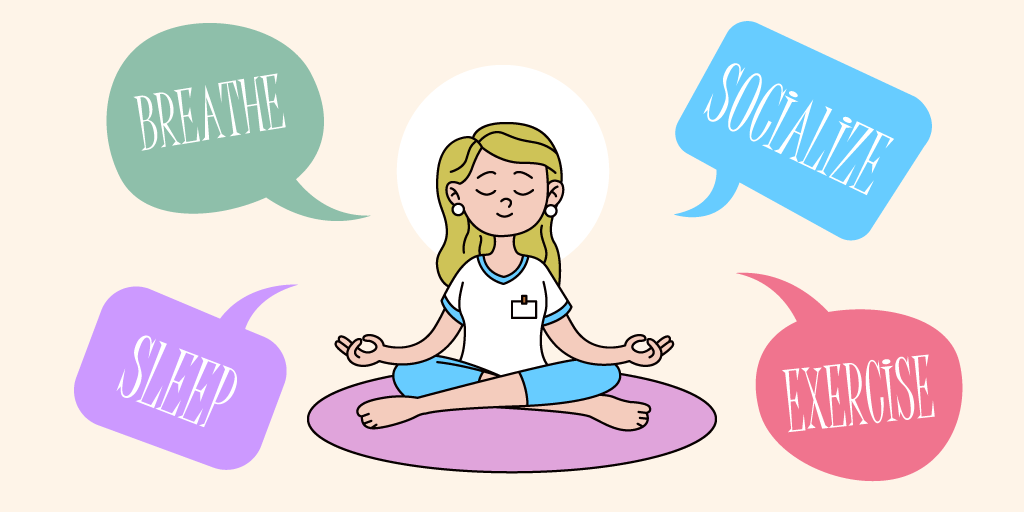4 Facts About the Impact of Alcoholism on Children
It's often said that alcoholism is a family disease. This belief rings true because the effects of alcoholism run through generations. Children who grow up in a home with an alcoholic parent are deeply affected in fundamental ways for life. Let's look at some shocking facts on how alcoholism affects children and why alcoholism therapy is so vital.
1. It's More Common Than You Think
According to the National Institute on Alcohol Abuse and Alcoholism, it's estimated that one in 10 children live in a home with an alcoholic parent. Dealing with an alcoholic parent will impact many aspects of the child's life, behavior, and growth. This is why alcoholism therapy is crucial to healing.
2. It Involves Greater Emotional Neglect
When children are raised by alcoholic parents, they are more likely to experience emotional neglect. In addition to this, they may also experience more instances of physical neglect as well. The website drugrehab.com states that approximately 50% of those children then grow up to deal with alcohol addiction themselves later in life as they grapple with the neglect they received as children. This shows how alcoholism quickly becomes a generational problem.
3. It Creates an Increased Risk of Disabilities
The effects of alcoholism on children aren't just limited to their emotional condition. The National Institutes of Health found that almost 8% of women in the U.S. will binge drink during pregnancy. The NIH claims that this results in up to 5% of newborns suffering from fetal alcohol syndrome upon birth. The American Academy of Pediatrics indicates that these babies have a 95% more likely risk of developing mental health issues. These issues can include anxiety and depression. These children are also at a higher risk for ADHD and other behavioral problems.
4. It's More Likely for Children to Form Addictions
The Department of Mental Health has found that a child with an alcoholic parent is four times more likely to also engage in excessive drinking later in life. Some believe this could be attributed to genetic factors that create addiction susceptibility in families. However, others believe there is a danger of addictions being normalized in the home as children are exposed to them for longer and longer periods.
These are just a few statistics dealing with how alcoholism affects children. If you or a loved one is dealing with alcohol dependency, please contact Clearview Counseling Center today for help with alcoholism therapy. We are here to help you find healthy solutions.











Share On: